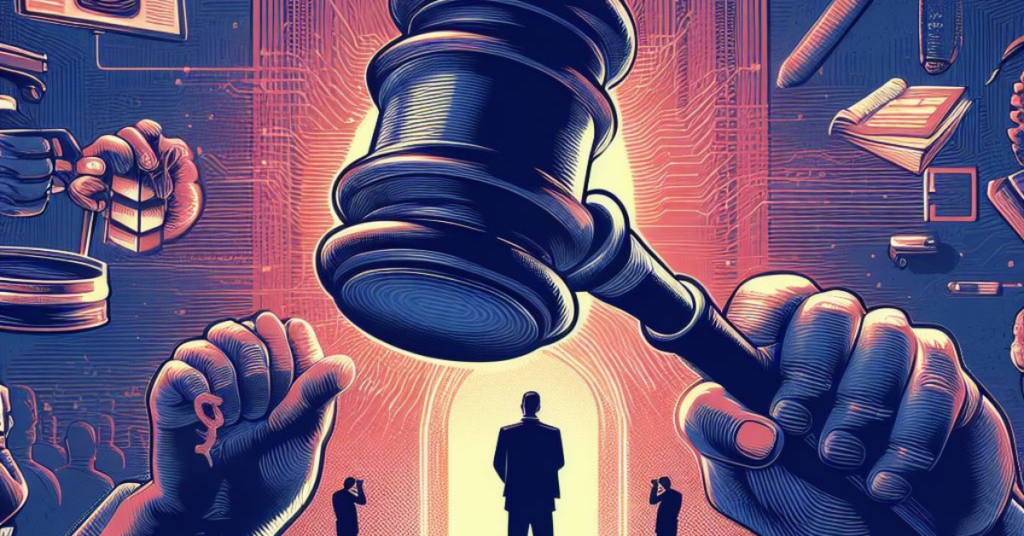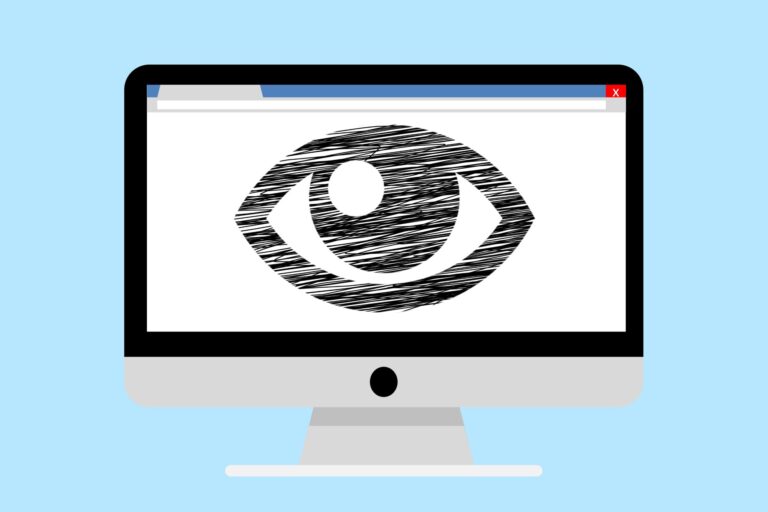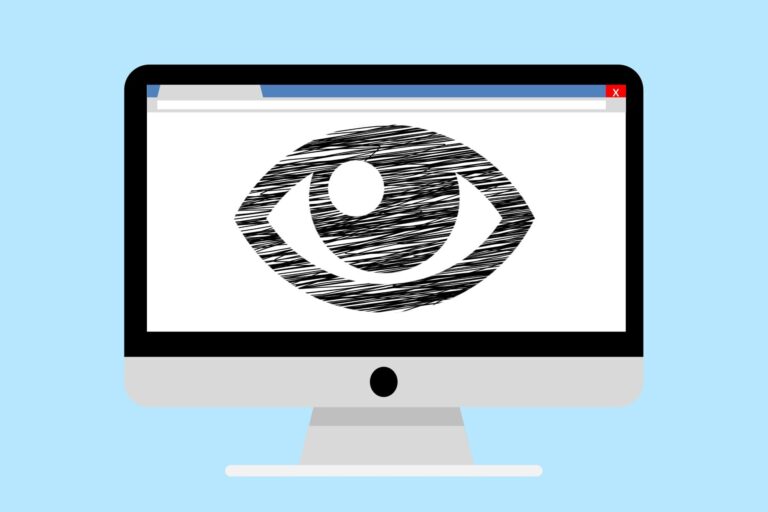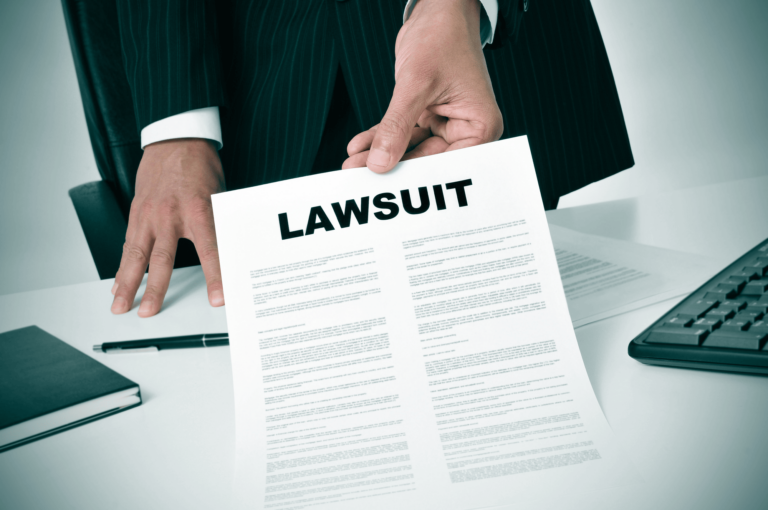Risks & Benefits OF Hiring A Private Investigator
Life is not always as perfect as you imagine. There might be a situation where you have questions in mind and worries in your personal life that must be answered or addressed. There are some benefits as well as the risks of hiring the Private Investigator. In this article, we will explain the potential risks of hiring a PI, benefits of hiring them, legality (Is It Legal to hire or not), and how we can check that our PI is license holder or not.

Is It Legal To Hire A Private Investigator?
A common question arises: is it legal to hire a private investigator? The answer is clear: yes, hiring a private investigator is legal. However, it is crucial to ensure that the private investigator you hire is properly licensed and adheres to all applicable laws and regulations. Engaging a private investigator to carry out illegal activities is strictly prohibited. This includes actions such as illegally tapping phones, accessing medical records without authorization, committing contract killings, breaking into private property, and obtaining bank information without a valid subpoena.
Still Confused ?
Still confused what to do ? feel free to call us or drop a quick message by filling the form. Our Investigation team will contact you shortly. Discuss your issue and get a better advice from Najar Investigations (A Private Investigation Firm that serve from past 20 years).
How Can I Check My Private Investigator is licensed Holder Or Not In USA ?
Before entrusting a private investigator with your case, it is crucial to verify their license status. While licensing requirements vary from state to state, many states do mandate licensure for private investigators. Inquire about the investigator’s licensure status and ensure they are licensed in the state where they will be conducting their investigation.
What are the things that PI can legally do?
- Conduct interviews with witnesses.
- Collect public records, such as court records and property records.
- Take photographs and videos of public places.
- Track down missing persons.
- Serve subpoenas and other legal documents.
Benefits Of Hiring a Private Investigator?
Hiring a PI would be bifacial for you in various things. Some of them are shared below.
Conducting Background Checks
Private investigators follow proven procedures to get to the truth, including conducting a thorough background check on the person at the center of the investigation.
Drawing On Experience
Investigations are often complex. Untangling the many clues, or red herrings, is best left to an experienced professional. Your PI will be well-versed in which techniques and procedures yield the best results.
Handling Complexity
Complex cases can be stressful and have the potential to get out of hand. With a trained PI at the helm, you can relax, knowing that he or she has the skills to contain or defuse the situation2.
Gathering Evidence
Private investigators are experts in collecting evidence, which can be crucial in legal proceedings12.
Working Efficiently
Private investigators are trained professionals who can conduct investigations efficiently and effectively2.
Helping Clients and Businesses
Private investigators are in a position to help others when they need it most. They may help clients and businesses learn more about a person through background checks when hiring, or they may assist local agencies in tracking down missing persons1.
What are the risks of hiring a Private Investigator?
While hiring a private investigator can be a valuable decision in various situations, it is essential to be aware of the potential risks and considerations involved.
Legal Consequences
The legal consequences are further divided into two parts. One is the Unlicensed Investigators and the other one is Privacy Violations.
Unlicensed Investigators
Hiring an unlicensed PI may result in legal consequences. Ensure that the investigator is properly licensed in your jurisdiction to avoid issues with the admissibility of evidence and potential legal ramifications. Above we share a list of all the states with website links where you can check the license of your PI.
Privacy Violations
If a private investigator engages in activities that violate privacy laws, both the investigator and the client could face legal repercussions. It’s crucial to understand and communicate the legal boundaries of the investigation.
Financial Costs
Private investigators typically charge fees for their services. It’s essential to have a clear understanding of the costs involved and to establish a transparent fee structure with the investigator to avoid unexpected financial burdens.
Incomplete or Inaccurate Information
Private investigators may not always guarantee accurate or complete information. Factors such as the subject’s actions, external circumstances, or legal constraints can impact the investigator’s ability to gather comprehensive and precise data.
Confidentiality Concerns
There’s a risk that sensitive information shared with a private investigator could be mishandled or disclosed. Before hiring an investigator, it’s important to establish a confidentiality agreement to protect the privacy of the client and individuals involved.
Limited Legal Recourse
In some cases, private investigators may operate independently, and clients may have limited recourse if they are dissatisfied with the results. It’s crucial to establish clear expectations and communication channels before engaging their services.
Ethical Considerations
Clients should be cautious about requesting or condoning unethical or illegal activities during an investigation. Upholding ethical standards is crucial to avoiding personal and legal consequences for both the client and the investigator.
Conclusion
In summary, hiring a private investigator can be legal and beneficial when done within the confines of the law. Always verify the investigator’s licensing, understand the permissible activities in your jurisdiction, and emphasize adherence to ethical standards. By doing so, you can ensure a legal and effective investigation that stands up to scrutiny in legal proceedings.





